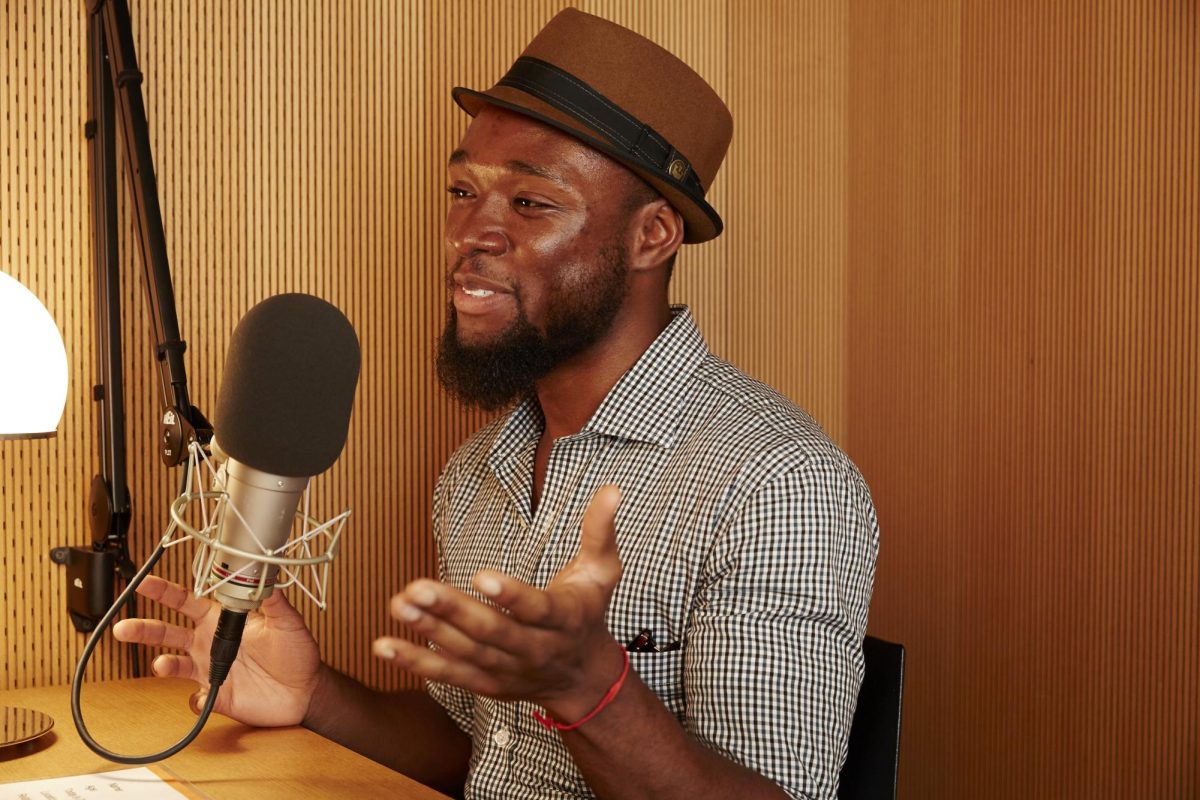After studying two viruses, researchers have discovered possible routes for developing treatment for mononucleosis, also known as mono or the “kissing disease,” and certain types of cancers associated with it.
The study, published this month, was a collaboration between the University of Minnesota, the Howard Hughes Medical Institute and the University of Toronto. The project was prompted by the question: how are the Epstein-Barr virus (EBV) and Kaposi’s sarcoma-associated herpesvirus (KSHV) resistant to the response of the human immune system?
“It’s an ongoing battle,” said Adam Cheng, a University Medical School student and the lead author of the study. “The virus wants to infect the human cell, whereas the human cell wants to kill [the] virus.”
Cheng found both viruses produce defense proteins that counter the human immune system response. He was able to eliminate the defense proteins and systems of those viruses, meaning the viruses may be able to be treated.
“Moving forward, we hope that this can lead to novel discoveries of drugs, or lead to the eradication of the virus infection,” Cheng said.
It’s estimated that 90 percent of individuals will be infected with the EBV virus at some point in their lives, often with minimal effects, according to the Duke University Medical Center. However, individuals with conditions that weaken their immune system, such as those living with HIV or who have had organ transplants, may be more susceptible to certain types of cancers associated with the virus.
“We were looking at a way of inhibiting the replication of this virus,” said Lori Frappier, an author of the study and professor at the University of Toronto’s Department of Molecular Genetics. “Normally, the virus persists in your body for your lifetime and is associated with several kinds of cancer. The bigger idea is that, if you had a treatment to block the function of this protein, you would lose [the] virus and the possibility of those cancers.”
Reuben Harris, an author of the study and professor in the University’s College of Biological Sciences, said the results of the study could have tangible impacts on the medical community.
“We do think our research could slow down the progression of certain types of cancers,” Harris said. “It’s a definite possibility, but cancers are less clear-cut. The more likely possibility would be to treat mono in real time.”
With millions diagnosed with mono each year, treatments influenced by the results of this study could decrease the time it takes for a person with mono to feel better, Cheng said.
“It’s not like we set out to find a cure,” Frappier said. “We were just doing experiments to understand how viruses work and what we found was … very informative and could lead to unexpected cures and treatments.”







